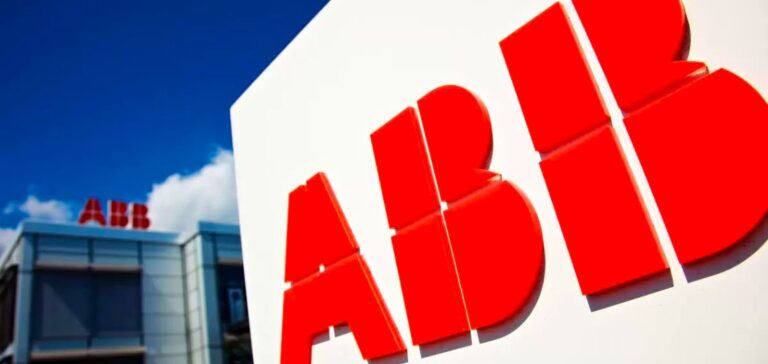Swiss-Swedish industrial conglomerate ABB is selling its remaining shares in a joint venture in electrical networks to Japan’s Hitachi for nearly $1.7 billion (€1.7 billion), it announced Friday.
ABB will sell it its stake, which amounts to 19.9% in Hitachi Energy, the joint venture formed in 2020 after the huge deal with the Japanese group to sell it this unit, it said in a statement.
The sale is expected to generate a gain of $1.425 billion for ABB, allowing it to strengthen its balance sheet at a time when the group is not ruling out acquisitions.
Subject to regulatory approval, the transaction is expected to close during the fourth quarter, ABB said.
ABB and Hitachi had signed an agreement on this power grid unit in late 2018. Hitachi had paid 714 billion yen (5 billion euros at current rates) to take over 80.1% of this unit of ABB, with the aim of accelerating the international development of its power business.
Hitachi has finally decided to exercise its buyout option.
“We are delighted to have reached an agreement on the final part of the transaction earlier than expected and on favorable terms,” said Timo Ihamuotila, ABB’s chief financial officer, quoted in the statement.
The gains from the transaction will give ABB more flexibility in its capital allocation decisions, he said.
The group, which makes everything from industrial robots to electric charging stations and rail traction systems, has launched a major reorganization of its operations under the leadership of Björn Rosengren, the former boss of the Swedish industrial group, who took over in 2020.
ABB in particular is expected to finalize the demerger of its turbocharger business on Monday, combining it in a subsidiary renamed Accelleron, which is to be listed on the Swiss stock exchange. During an extraordinary general meeting to validate this IPO, the ABB boss had mentioned possible acquisitions to strengthen the group’s core business.






















